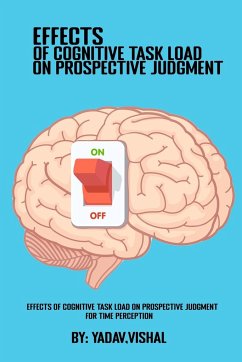Time Perception Time perception can be understood as subjective experience of time elapsed which is measured by individual's own perception about the time duration of the events. The time is one of the core dimensions of the perceived world (Buhusi & Meck, 2005). The time perception of the observer has been reported to be predisposed to diverge from objective time depending on what they were busy with during a particular period of time (Buhusi & Meck, 2009). It is common experience that time seemingly passes faster when people have a good and pleasant time, whereas time drags when the event or situation is monotonous or bored. The concept of "time perception" was introduced by Fraisse in 1984. According to him, time perception can be understood by two underlying concepts: succession and duration. When two or more events are recognized as different and organized sequentially is known as succession while duration is defined as temporal difference between two successive events. However, it may be noted that there is no duration without succession of events. This means that any object can be perceived objectively but the time duration of the same object cannot be perceived (Herzog, Kammer & Scharnowski, 2016; Romei, De Haas, Mok & Driver, 2011). Time estimation is considered as the concrete form of time perception which plays a crucial role in daily routine of human activities (Anamalamudi,
Hinweis: Dieser Artikel kann nur an eine deutsche Lieferadresse ausgeliefert werden.
Hinweis: Dieser Artikel kann nur an eine deutsche Lieferadresse ausgeliefert werden.








